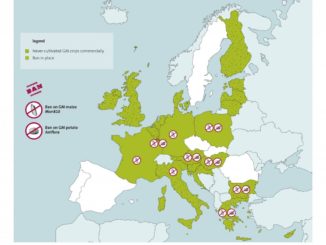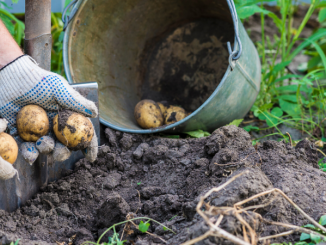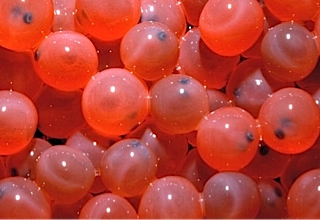
“Given the technical, economic and social uncertainties identified in this report and the controversies raised by the development of NTG-derived plants, the Working Group recommends that a system be set up to monitor NTG plants and products derived from them…an assessment of the risks…should be carried out on a case-by-case basis”.
That’s according to the French National Agency for Food, Environmental and Occupational Health Safety (ANSES). The health agency was tasked with carrying out an expert appraisal of both the risks and the socio-economic issues associated with “plants obtained using certain new genomic techniques” (also known as new GMOs, or gene editing. In French the acronym NTG is used rather than NGT).
This recommendation to work case-by-case, and to put in place adequate monitoring for all new GMOs, differs from the approach proposed by both the Commission and Parliament, which seeks to have category one (supposedly equivalent to conventional plants) and category 2 plants (requiring more controls).
The report, dated 22nd January, was due to be made available before a crucial European Parliament vote in February. However, according to French newspaper Le Monde, which first obtained the report, its publication was blocked due to “political pressure”.
This is likely to further stall the progression of legislation, currently at the inter-institutional stage, this late into the mandate, with Elections upcoming in June.
In More Detail
Case-by-case assessment should “take into account the purpose and consequences of the genetic modification on the agronomic, phenotypic and compositional characteristics of the genetically modified plant, as well as immunological, toxicological and nutritional assessments.”
Monitoring work should be independent, and take into account the impact on cultivation practices, the needs of smaller breeders, risk of cross-contamination, impact on the organic sector, consumer right to information, and the costs of labelling and traceability, in particular for the organic sector.
The report points to both known and new risks to human health and the environment, due to the wider range of plants and traits that could be modified – “some of the known risks already associated with genetically modified plants remain relevant…but that new risks have been identified.”
Consequently, “given the diversity of situations” case-by-case assessments are needed.
“In particular… modification of species hitherto unaffected by transgenesis could lead to new risks for the environment, by encouraging the spread of modified genes or plants, and by modifying the interactions between animals and these plants. Furthermore, in the event of a change in plant composition, whether desired or unexpected… change in the toxicity, allergenicity or nutritional characteristics of the plant is possible. More generally, the WG notes the possibility, following any modification, of pleiotropic effects leading to a change in the plant’s properties.”
ANSES has given two opinions in recent months. As reported earlier this week, the EU’s food safety agency has been asked to together a new opinion on this topic the request of the European Parliament President Roberta Metsola.
It is understood that the Belgian presidency is still trying to progress the file before the Hungarian presidency commences.
For an analysis see GM watch article
news-43622-avis-anses-nouveaux-ogm_compressed
More
EU Food Safety Agency to Give New Opinion on New Genomic Techniques/New GMOs
Parliament greenlights plans to loosen EU rules on new GMOs – but with key conditions
Plan to Loosen EU Rules on Genetic Technologies Passes First Parliament Hurdle





